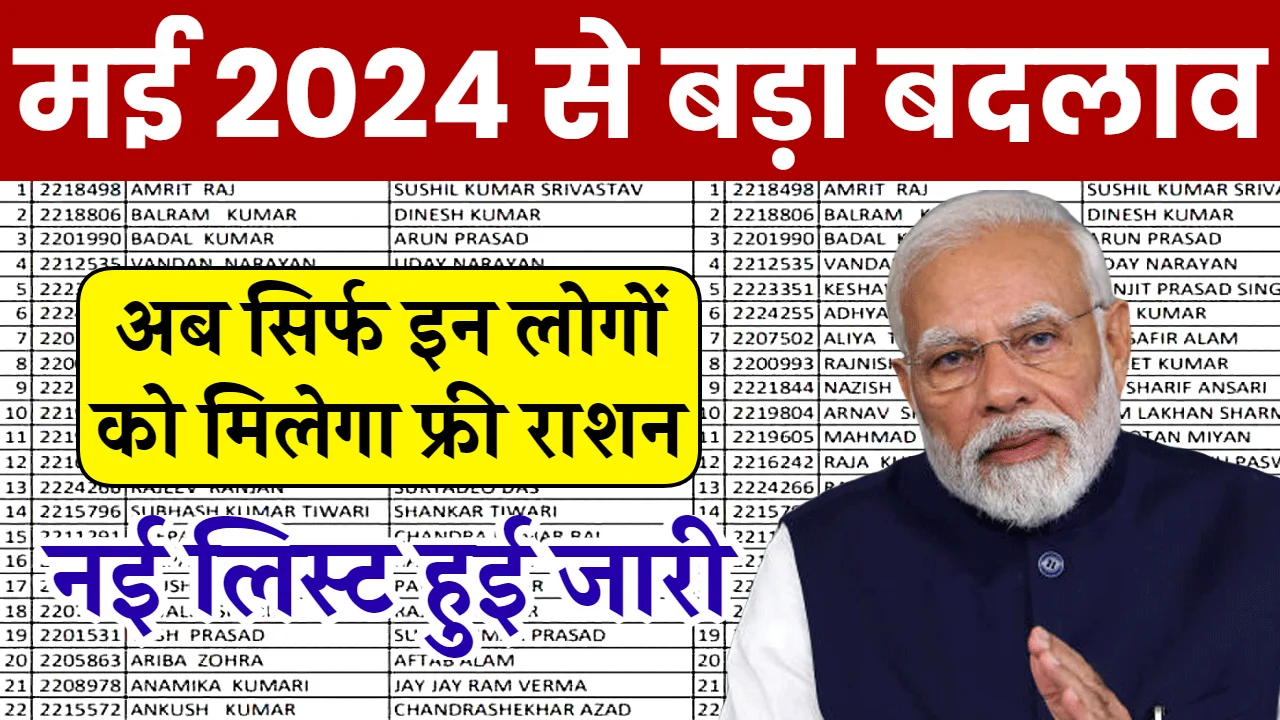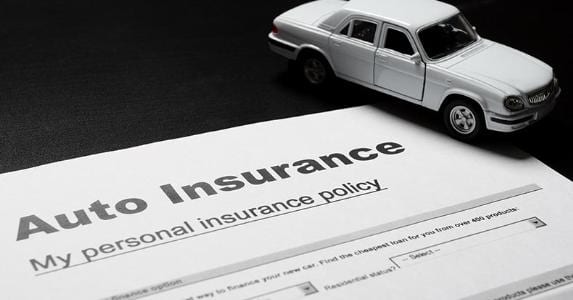Auto Insurance Connecticut: A Comprehensive Guide, Auto Insurance Requirements in Connecticut
Auto Insurance Connecticut: Auto insurance is a critical component of responsible vehicle ownership, providing financial protection against unexpected events on the road. In Auto Insurance Connecticut, as in most states, having auto insurance is mandatory. Understanding the basics of auto insurance in Connecticut can help you make informed decisions when choosing a policy. Here’s a complete guide to auto insurance in Connecticut.
Minimum Auto Insurance Requirements in Connecticut
Auto Insurance Connecticut requires all drivers to carry a minimum level of auto insurance coverage. The minimum requirements include:
- Bodily Injury Liability: $25,000 per person and $50,000 per accident.
- Property Damage Liability: $25,000 per accident.
- Uninsured/Underinsured Motorist Bodily Injury: $25,000 per person and $50,000 per accident.
- Uninsured/Underinsured Motorist Property Damage: $25,000 per accident with a $250 deductible.
ये भी पढ़े: The Role of VA Home Loan Specialists: Expertise, Benefits, and Services
Optional Auto Insurance Coverage in Connecticut
While the minimum coverage is mandatory, you can also choose to add optional coverage to your policy for enhanced protection. Some of the optional coverages available in Connecticut include:
- Collision Coverage: This coverage pays for damage to your vehicle caused by a collision with another vehicle or object.
- Comprehensive Coverage: Comprehensive coverage pays for damage to your vehicle caused by non-collision events, such as theft, vandalism, or natural disasters.
- Medical Payments Coverage: This coverage pays for medical expenses for you and your passengers in the event of an accident, regardless of fault.
- Rental Reimbursement: Rental reimbursement coverage pays for the cost of a rental car if your vehicle is being repaired due to a covered loss.
- Towing and Labor Coverage: This coverage pays for towing and labor costs if your vehicle breaks down or needs assistance on the road.
ये भी पढ़े: Will Refinancing Hurt My Credit: Understanding the Impact of Refinancing on Your Credit
Factors Affecting Auto Insurance Rates in Connecticut
Several factors can influence the cost of auto insurance in Connecticut. These factors include:
- Driving Record: A clean driving record typically results in lower insurance rates, while a history of accidents or traffic violations may lead to higher rates.
- Age and Gender: Younger drivers and male drivers tend to pay higher insurance premiums due to higher risk factors.
- Vehicle Type: The make, model, and age of your vehicle can impact your insurance rates.
- Credit History: In some states, including Connecticut, insurance companies may consider your credit history when determining your rates.
- Coverage Limits: The amount of coverage you choose will affect your insurance premiums. Higher coverage limits typically result in higher premiums.
ये भी पढ़े: Lawyers Noble Profession of Law: A Comprehensive Insight into the World of Lawyers
Tips for Saving Money on Auto Insurance in Connecticut
While Auto Insurance Connecticut is a necessary expense, there are ways to save money on your premiums. Here are some tips:
- Bundle Policies: Consider bundling your auto insurance with other policies, such as homeowners or renters insurance, to receive a discount.
- Drive Safely: Maintaining a clean driving record can help you qualify for lower insurance rates.
- Choose a Higher Deductible: Opting for a higher deductible can lower your premiums, but be sure you can afford the out-of-pocket expense if you need to file a claim.
- Take Advantage of Discounts: Insurance companies offer various discounts, such as good student discounts, safe driver discounts, and multi-car discounts. Be sure to ask about available discounts.
- Shop Around: Compare quotes from multiple insurance companies to find the best rate for your coverage needs.
ये भी पढ़े: Financial Services Sector: Navigating the Dynamic Landscape of the Financial Services Sector
Final Thoughts
Auto Insurance Connecticut is a vital component of responsible vehicle ownership in Auto Insurance Connecticut. Understanding the state’s minimum requirements and optional coverages can help you choose the right policy for your needs. By shopping around and taking advantage of available discounts, you can find an affordable auto insurance policy that provides the protection you need on the road.










